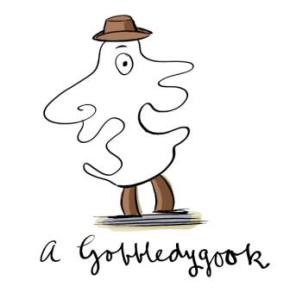
Raising the topic of readability can be a delicate business. Is your boss out of touch with customers? Is a distinguished expert sending unreadable articles to a newsletter you edit? Is a colleague converting your plain English into gobbledegook?
People (and I include myself) are often blind to their own faults as writers. They pounce on other people's grammar blunders and can't see the overload of multisyllabic words (e.g. multisyllabic) in their own.
If you venture some advice on readability, it may be taken as personal criticism, because writing does feel like a very personal mode of expression. Someone has invested time and thought and even emotion into every business document, regardless of whether it's a one-paragraph report on a broken drain or a 100-page strategy for overcoming a new Ebola outbreak.
But readability is not a matter of personal opinion: it's a requirement for accessibility and can be objectively measured. Instead of delivering a lecture (so tempting and so pointless) I would rather steer people to this short, objective, clear, useful blog post from Raventools:
http://blog.raventools.com/ultimate-list-of-online-content-readability-tests/
Writer Arienne Holland ends by listing various online tools for testing readability. She point out that results vary depending on what tool you use. That's partly because different tools treat things like capitalised phrases and lists in different ways. Other complicating factors pop up when you test an entire web page, so I prefer to cut and paste a sample paragraph or two.
Readability-score.com is my favourite online readability tool because it's so simple to use. It's a cut-and-paste tool, not one that tests an entire web site. The appearance may be a wee bit old-fashioned, but it works.
I usually check either the Flesch-Kincaid Reading Ease score or the Flesch Kincaid Grade Level. Generally I test a few paragraphs of plain prose, avoiding content with lists or formulae or capitalised phrases.
Image of A Gobbledygook by Niki Daly: find it on his wonderful Scribblebibble blog.

Leave a comment: